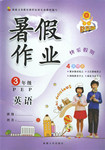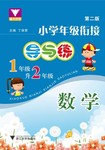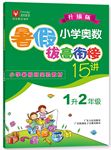题目内容
| |||||||||||||||||||||||||||||||||||||||||||||
解析:
(1) |
本题考查主旨大意归纳。本文从前至后都是围绕如何利用电话进行工作来论述。 |
(2) |
本题考查归纳理解能力。从Before calling部分中可以看出通话之前要认真作好准备。 |
(3) |
本题考查猜词能力。从During the call部分倒数第二段可知道答案。 |

 学练快车道快乐假期暑假作业新疆人民出版社系列答案
学练快车道快乐假期暑假作业新疆人民出版社系列答案 浙大优学小学年级衔接导与练浙江大学出版社系列答案
浙大优学小学年级衔接导与练浙江大学出版社系列答案 小学暑假作业东南大学出版社系列答案
小学暑假作业东南大学出版社系列答案 津桥教育暑假拔高衔接广东人民出版社系列答案
津桥教育暑假拔高衔接广东人民出版社系列答案 波波熊暑假作业江西人民出版社系列答案
波波熊暑假作业江西人民出版社系列答案
| |||||||||||||||||||||||||||||||||||||||||||||||||||||||||||
| |||||||||||||||||||||||||||||||||||||||||||||||||||||||||||
| |||||||||||||||||||||||||||||||||||||||||||||||||||||||||||